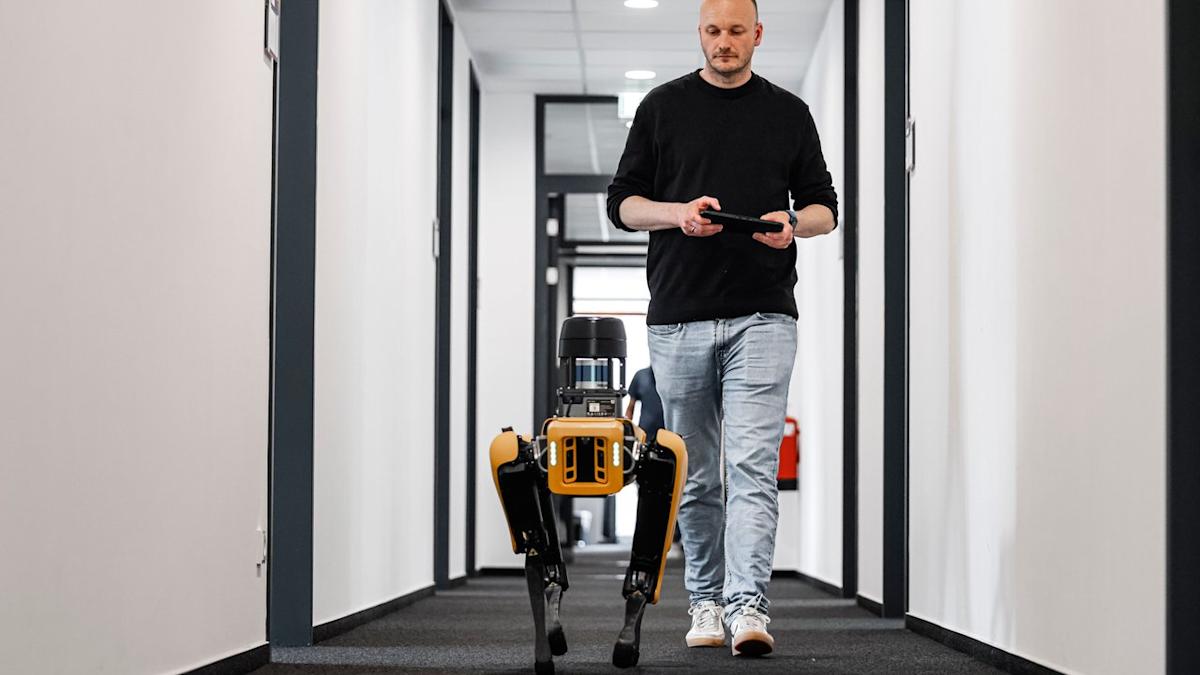Companies that prioritize artificial intelligence-heavy workplace engagement over human workers are courting mediocrity, according to one business professor who’s closely tracking AI use on the job.
Tulane University management and AI expert Shuhua Sun, an associate professor in the A. B. Freeman School of Business, said companies that automatically cut jobs and replace them with AI tools are overlooking broader implications increasingly linked to AI disruption.
“AI is a powerful tool, but its value depends on how it’s integrated with human expertise,” Sun noted. “The human side of work — tacit knowledge, context, and judgment — remains very difficult to replicate. Companies that view AI as a replacement for people risk mediocrity, while those that use it to empower talent are more likely to gain a sustainable advantage.”
Sun, an expert in organizational behavior who studies how people and teams use social and technological systems, believes AI adoption is never automatic and that AI still struggles at tasks traditionally given to human workers, who have tacit expertise and good judgment.
In a 2025 Tulane University study supervised by Sun that monitored 250 workers who either used or didn’t use ChatGPT at their job for one week, researchers found that only staffers who used the AI application “actively” gained meaningful benefits. The study noted that those employees were using ChatGPT to improve their job performance, identify the specific problems they were trying to solve, and determine how they could optimize AI to support their goals.
“Generative AI use doesn’t automatically make people more creative,” Sun said. “It boosts creativity only for employees who use metacognitive strategies — those who actively analyze their tasks, monitor their thought processes, and adjust their approaches.”
Workplace experts say Sun has a valid point on the dangers of a company sliding into mediocrity by excessively using AI, especially if it’s at the expense of human workers.
“Over-automation takes away from what makes brands and companies distinct,” said Debra Andrews, founder and president of Marketri, a marketing consultancy that works with companies implementing AI into their operational strategies. “Everything begins to look generic, and it all falls into this grey area of rapid output but no strategic thinking behind it.”
Andrews points to how the AI-output term “workslop” has taken off. “AI can produce faster outputs, but it can’t replicate the nuance, empathy, and strategic thinking that comes only from human experience,” she said.
Other workplace experts agree, noting how aggressively companies are putting AI to work can come with negative ramifications.
“Tulane is pretty spot on with this one,” said Rory Bokser, an AI specialist and head of product at Montreal-based Moken.io. “The business urge to apply AI often means the business urge to automate the hell out of the human contribution. If you start looking at your business that way, you naturally flatten your business’s structure.”
What AI systems can’t do is “follow their gut” in key moments. “AI can predict, but predicting is a poor man’s substitute for creativity and instinct,” Bokser said. “Remove the human from the stack and you get a business that’s still only doing things the way it’s always been done.”

